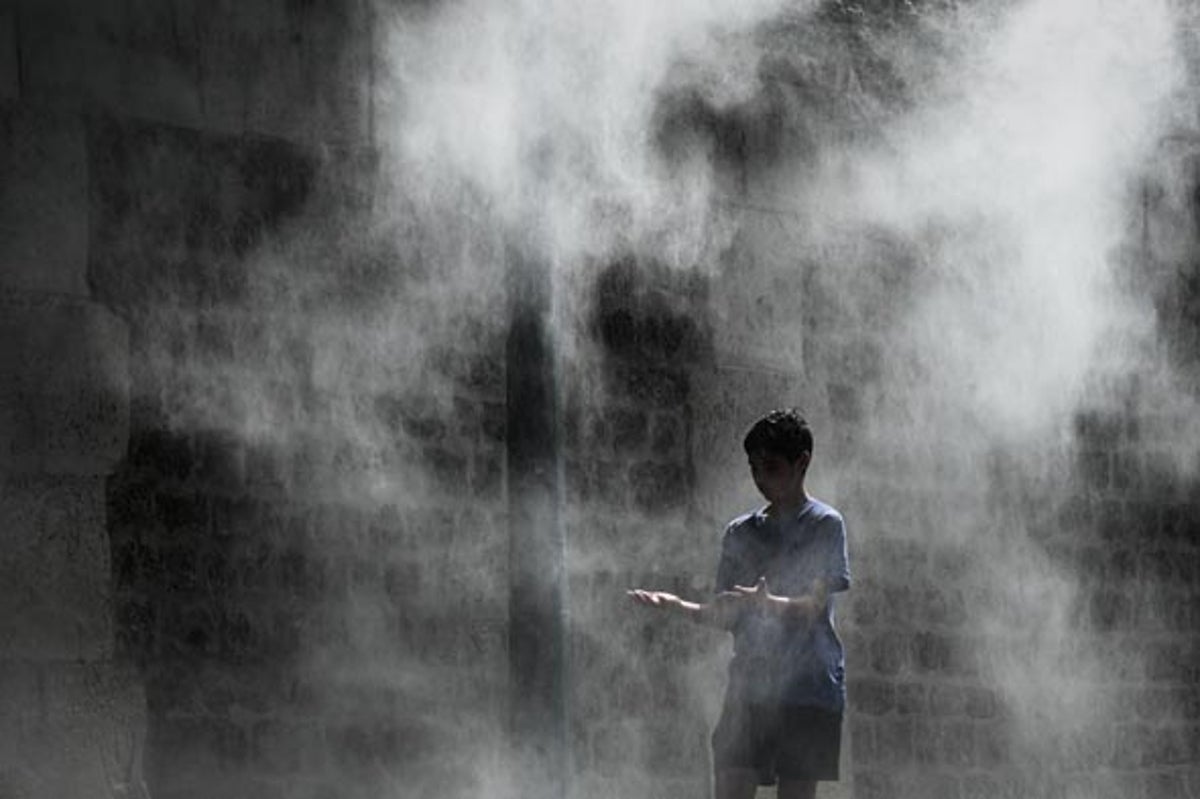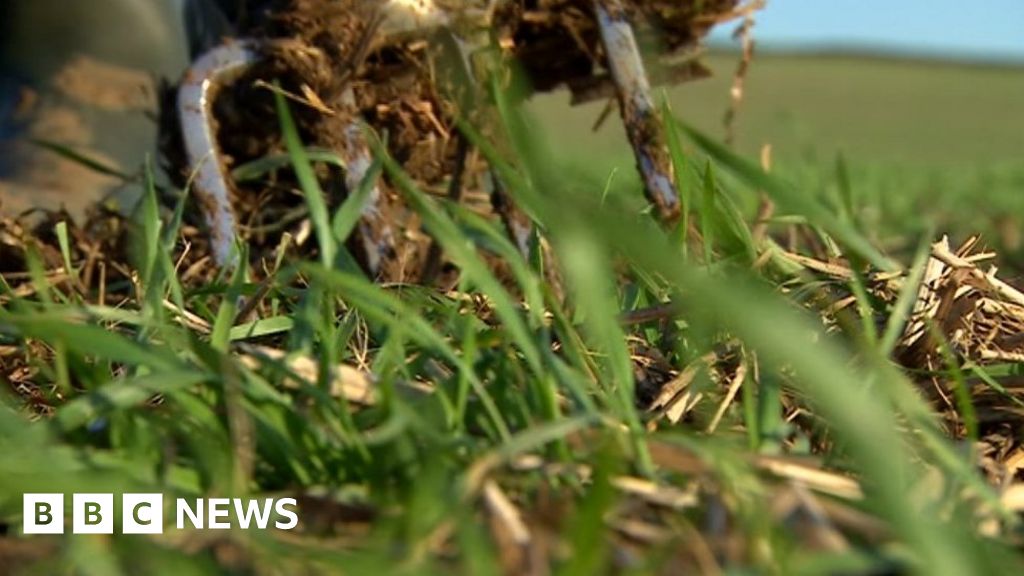Nigel
Well-Known Member
- Joined
- Jul 7, 2014
- Messages
- 17,235
- Reaction score
- 9,021
- Location
- Wales
- Country
- United Kingdom
- Dash Cam
- Gitup F1+G3ꞈꞈꞈꞈꞈ Viofo A229ꞈꞈꞈꞈꞈ Blueskysea B4K
When it gets to 70 degrees C in the "Snowy Mountains", surely it is more than a lack of woodland management?climate has made things worse, major problem is the amount of fuel available which was previously managed but has not been for some time due to the know nothing do gooders getting involved
(That is 158 Fahrenheit.)
A wind gust of 128 km/h was recorded at Cabramurra in the western Snowy Mountains. It also recorded an incredible top temperature of 69.8C at 4.30pm.
"The situation appears to be that an intense pyro-cumulonimbus cloud formed above an intense fire to the east of Cabramurra during the afternoon," the bureau said in a statement explaining the temperature spike.






